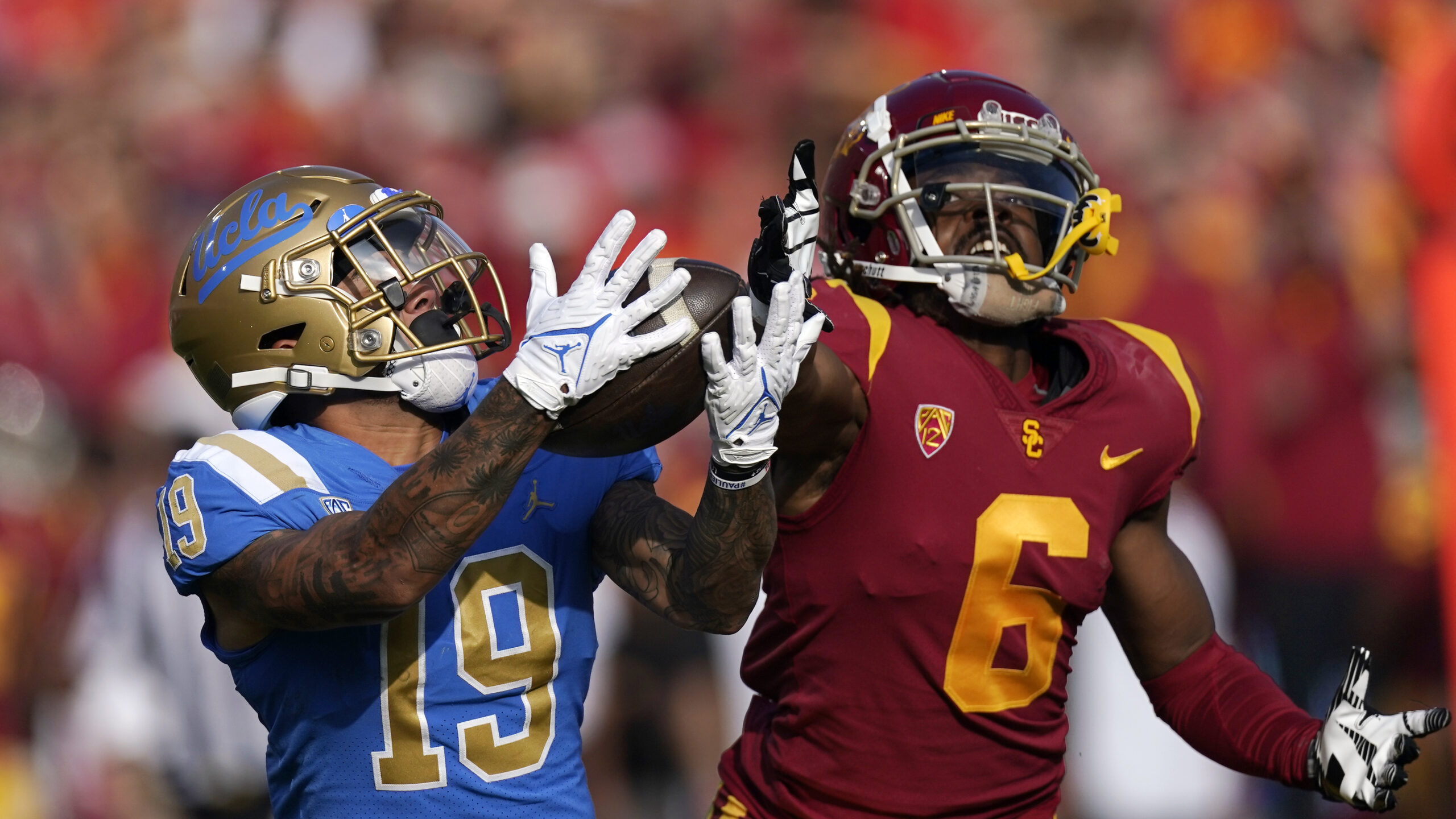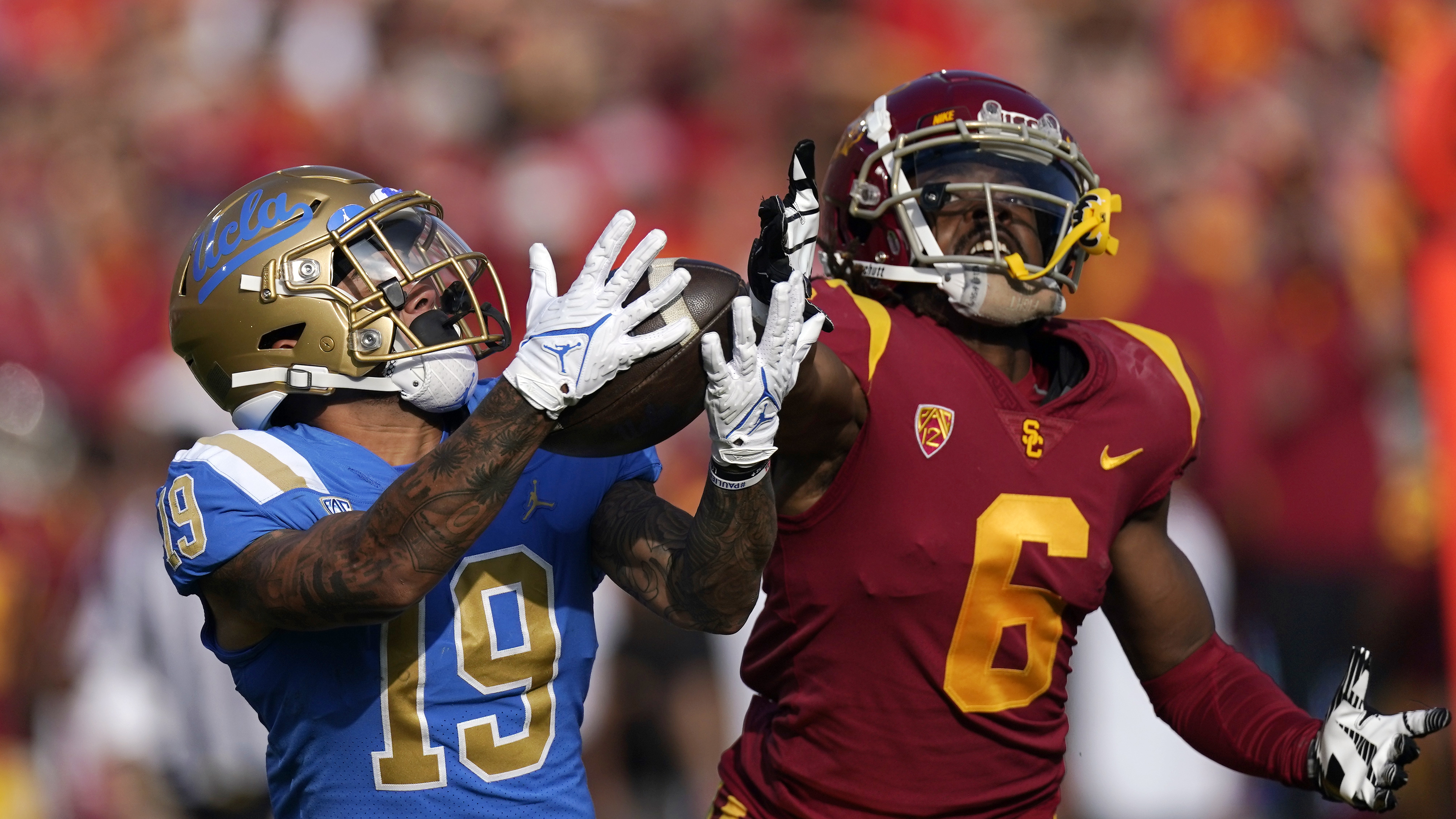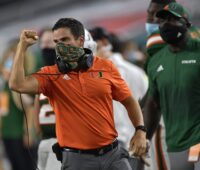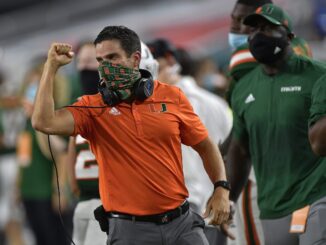

College athletics experienced a significant shift earlier this year with the announcements of Texas and Oklahoma joining the SEC and USC and UCLA moving to the Big Ten. What do these changes mean for the athletes involved, and what is the impact on their college experience? For one, the USC Trojan and UCLA Bruin athletes are looking to spend much more of their academic time on the road.
As current members of PAC 12, the USC and UCLA athletes do not travel more than 1,100 miles or cross more than one time zone. When the schools join the Big Ten, their closest league competitor will be Nebraska, which is 1,500 miles and one time zone away. Rutgers and Maryland, the furthest league competitors, are 2,700 miles east and three time zones away. So any way you look at it, the USC and UCLA athletes will spend more time on the road. Longer road trips have both academic and athletic consequences.
Longer road trips mean more missed classes, which harms academic success. An informal study with Virginia Tech athletes demonstrated that missing classes correlates with lower marks. For example, missing nine hours of a 45-contact hour class resulted in a lower grade by half or more. The league realignment causes the most significant time demand shift for football, baseball, and basketball, where back-to-back away and home games are typically scheduled with every member of the conference.
Long road trips also have physiological consequences. Most athletes suffer from bus legs or jet lag after an extended period on the road. Numerous studies have shown that it takes a full day to recover per every time zone crossed. Given academic commitments, how reasonable is it to plan additional time for travel recovery?
Colleges must consider the athletes’ best interests with the long road trips. Flexible and creative schedules, more opportunities for remote learning, or even the possibility of student sabbaticals for athletes during their sports seasons are all on the table. In addition, colleges may need to rethink the standard 9-month academic calendar, with classes taken during the off-season.














Leave a Reply
Be the First to Comment!
You must be logged in to post a comment.
You must be logged in to post a comment.